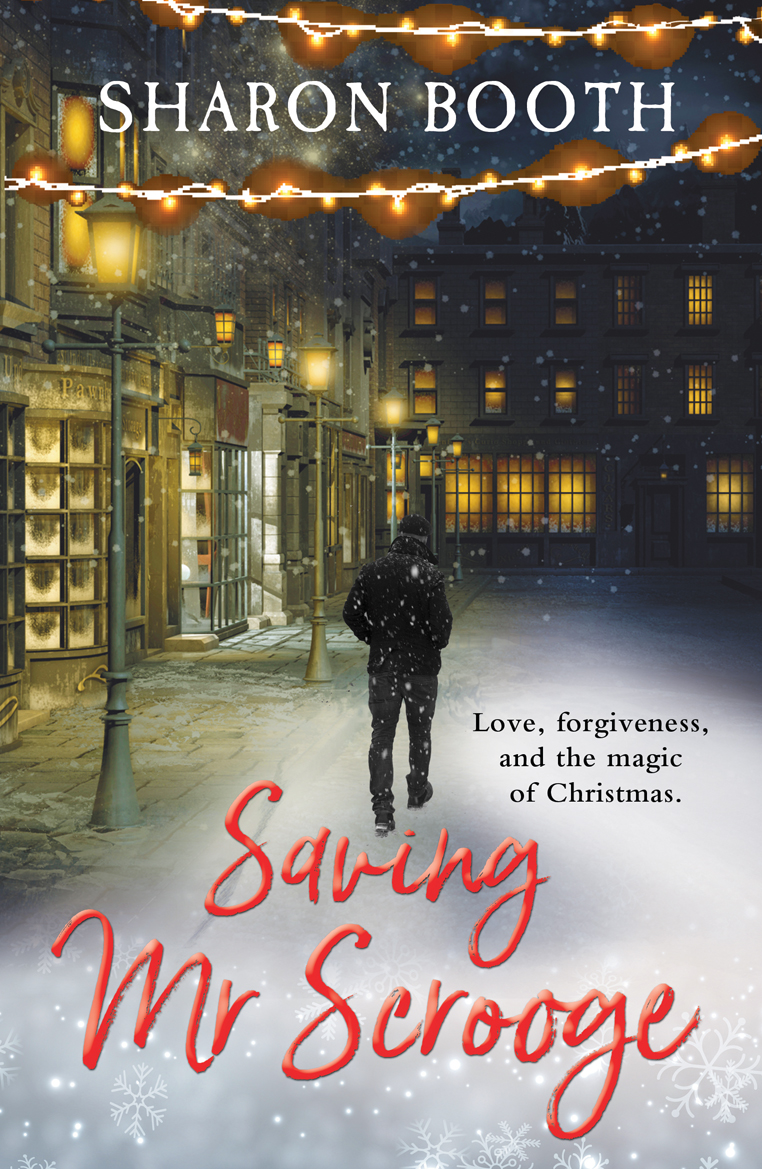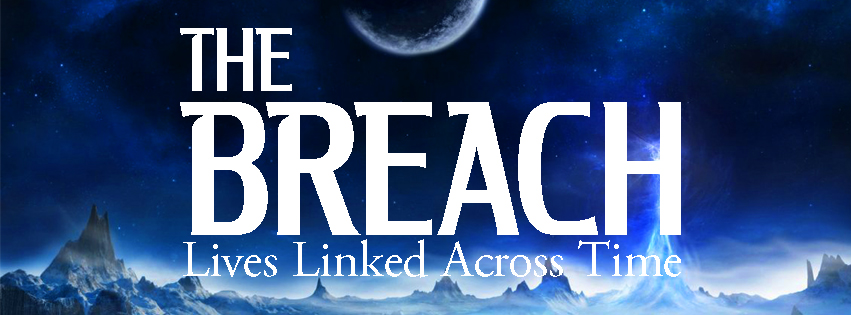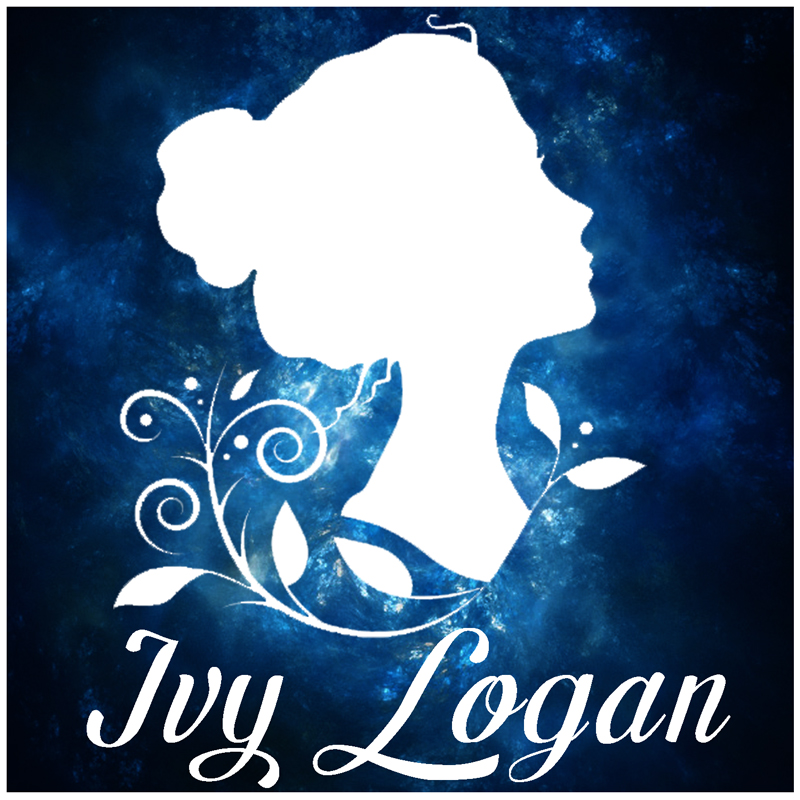November marked the publication day of my ninth novel, Saving Mr. Scrooge. It’s the second book in my Moorland Heroes series — the first being Resisting Mr. Rochester — and, as you can probably guess, they’re books very loosely based on literary classics, but given a modern rom-com twist.

I loved writing Resisting Mr Rochester but, in fact, it was Saving Mr Scrooge that popped into my head first. The title just appeared in my mind and wouldn’t budge, even though I couldn’t imagine that Mr. Scrooge would be a hero to anyone. Before long, though, I could see that the twist in the story was that it wasn’t Mr Scrooge that was the real problem, but Ms Scrooge. Only, she’d be totally unaware of her own shortcomings, and would be busy focusing her attention on saving the man she perceived to be in need of her help.
I knew I was taking a bit of a risk by writing the book this way. If there’s one thing all the comments from readers, beta readers and editors, chapters in “how-to” books, articles in writing magazines, and assignments in fiction courses have taught me, it’s that your heroine must be likeable. When you write romantic comedy/contemporary romance, as I do, it’s practically a commandment. The leading lady must be someone the reader would want as their best friend. End of.
So, the question was, how to make a heroine of a female Ebenezer? Marley Jacobs is — on the surface, at least — selfish, self-absorbed, vain, brittle and shallow. Marley goes on a journey of redemption. As the real Scrooge of the story, it’s her character that has to change most of all. I understand Marley, and the reasons for her behaviour, but I knew that some readers really wouldn’t like her. I was all too aware that this gamble could backfire dangerously.
It’s not the first time I’ve written a flawed heroine, though. In fact, I seem to make a habit of it. It seems I have a penchant for the not-so-perfect heroines!
I remember when someone read an early draft of my first book, There Must Be an Angel. At the time, the story opened with Eliza, my heroine, in a bit of a state. Her husband, Harry, had just left her, and she was in meltdown, much to the despair and — it has to be said — frustration of those around her. My beta reader was adamant. The opening had to be changed. Eliza was behaving like a fool. She was feeling sorry for herself. She was wallowing. She was unlikeable. I was told to start the book with Eliza in a stronger position, showing her at her best, not her worst. I can see the sense of this, and, in fact, I’m glad I did change the beginning because it helped me develop the storyline in a better way. However, it does make me wonder. Eliza was in her pyjamas, stuffing her face with Maltesers and crying into her pillow. Not at her best, certainly, but, after being duped and dumped by her husband, did her show of weakness and vulnerability really make her unlikeable?
My second novel, A Kiss from a Rose, features the spiky Rose MacLean. A single mum who tends to speak first and think later, loves her family fiercely but sometimes has a funny way of showing it, and who protects herself from the world with a tough exterior, in spite of having a heart of gold, Rose isn’t a conventional heroine — as several people have pointed out to me. Among her faults, she “drinks too much”. This worried me, so I checked. Rose went for long periods of time drinking nothing but lime and soda. And when she does turn to the vodka, it becomes very clear that two doubles are her limit. She simply can’t cope with more. The only time she gets seriously drunk is at a village barbecue, where everyone around her is also drinking. She has four drinks and is out of it! She’s hardly a hardened drinker, so that did puzzle me a bit, particularly for a genre where female leads regularly drown their sorrows in bottles of wine. Maybe it’s okay for heroines to drink, as long as they don’t actually get drunk? Other feedback was that she’s too aggressive with her hero, Flynn. “Tone it down”, they advised. Rose is at the end of her tether. She’s hurtling towards forty, is worrying herself sick about her two teenage daughters, and has been forced, rather reluctantly, into inviting her mother to stay with them — a mother who has never been particularly easy to live with. Not to mention the fact that she’s in love with a man she believes is far too good for her. No wonder she’s prickly. Rose makes mistakes, but she’s a loving mum and daughter, trying to do what’s best for all her family, no matter how ungrateful they seem to be. The fact that she downs a couple of vodkas occasionally and sometimes snaps at Flynn doesn’t make her unlikeable. Just human.
Lexi, in Once Upon a Long Ago, has been accused of being immature, even though she’s only just in her early twenties, has been carrying terrible emotional burdens for years, and has done her best to protect the people she loves most. Again, I’ve been warned that she doesn’t behave nicely enough to her hero. She needs to be kinder, more understanding. She shouldn’t be so standoffish with him. He’s so lovely. Hmm … Yes, he is. I adore him. Will is a gorgeous man, inside and out. But Lexi is a young girl with a troubled past and a lot of emotional baggage, and she has more to deal with than making a man feel good. Doesn’t she?
I see a theme developing here. The thing is, as I said, I didn’t set out to write unlikeable heroines. In my mind, they’re not unlikeable at all. They’re ordinary women. They make mistakes. They love and laugh and cry and rage, and battle all the complexities of life in the best way they can, as we all do. Sometimes, they hide their pain behind a brittle and seemingly uncaring façade. Marley is probably the biggest example of this, but as a female Scrooge, there was no way around it. I wonder if Charles Dickens ever worried that his Ebenezer would be unlikeable? I think not. I rather think that was the point. But then, Ebenezer Scrooge is male …
Heroes seem to fall into two categories: alpha male and beta male. The alpha male is the strong, successful, masculine type. The beta male tends to be the boy-next-door/best friend kind. I’ve written both types of hero and I love them all. Heroines, on the other hand, seem to be either nice or not nice.
Tellingly, my most popular hero with beta readers has been Eliot in This Other Eden. Eliot is moody, he can’t communicate his feelings very well, he has flares of temper, and he’s definitely behaved in dubious ways in the past. He glowers — a lot. In fact, Eden refers to him as Heathcliff. Yet there is no mention of this among the comments, which focus on his masculinity, his courage, his sexiness, and his likeability. I love Eliot. He’s possibly my own favourite hero. (Please don’t tell the others!) But then, I seem to have a fondness for the less-than-perfect characters!
So, is it a case of, it’s okay for the heroes to have their flaws, but never for the heroines? I don’t know. I’m drawn to the flawed characters, I suppose. My fourth Kearton Bay novel will feature two far-from-perfect characters as the leads. Am I heading for more trouble? Quite possibly.
Even the fact that Marley was supposed to be the female equivalent of the most famous case of, you-need-to-turn-over-a-new-leaf-pretty-sharpish in literature, hasn’t stopped the criticism of her character. People may understand that she’s the one who needs to discover the true meaning of Christmas, but it doesn’t stop them from preferring other characters. Funnily enough, the most popular character by a mile is her Great Uncle Charles. That’s the Great Uncle Charles who is bitter, avaricious, miserly, sarcastic and actually more like Ebenezer Scrooge than Marley by a mile. I wonder, if I’d made him Great Aunt Charlotte, would he still be so popular?
Hmm. Maybe I should start writing well-behaved, flawless women only.
But then again, maybe not …
Saving Mr Scrooge is available to buy for Kindle now: smarturl.it/savingmrscrooge
It will be available in paperback in early December.
Find out more about Sharon at http://www.sharonboothwriter.com
Follow her on Facebook at www.facebook.com/sharonboothwriter
OTHER LINKS
Twitter: @Sharon_Booth1
Amazon UK: amzn.to/sharonboothpageUK
Amazon US: amzn.to/sharonboothpageUS



That was great, Sharon. Really enjoyed it and it makes me want to re-read your books!
LikeLiked by 1 person
Thank you, Pat. Always so supportive. xx
LikeLike
Thanks for inviting me onto the blog, Ivy. I really enjoyed writing this post! x
LikeLike
pleasure is all mine. started on the book. Wondering what’s cooking at the Caroll factory. something is wrong.
LikeLiked by 1 person
Hope you enjoy it – flawed characters and all! x
LikeLike
I finished reading and my review is up on good reads too
LikeLike